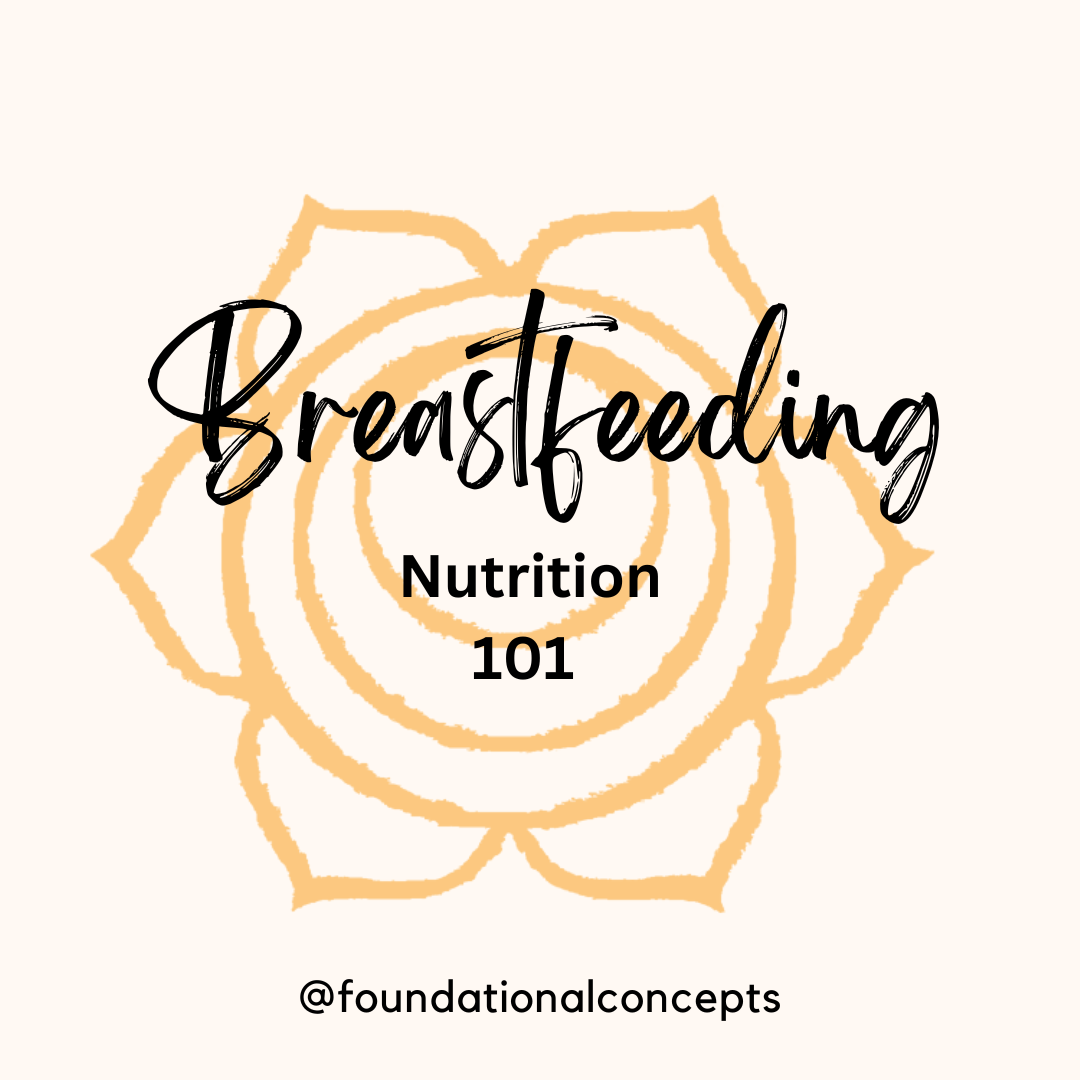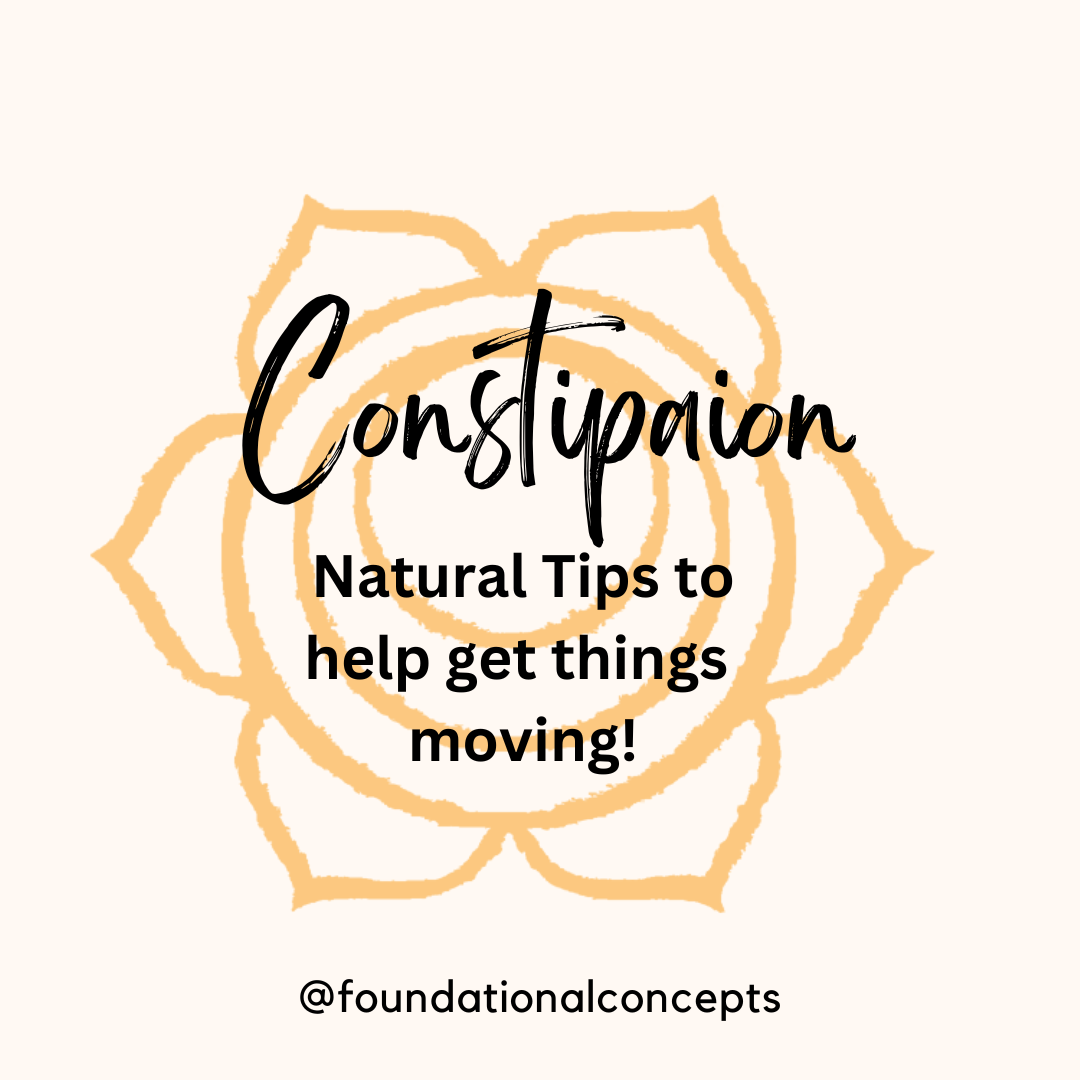Nutrition plays such an important role in our pregnancies and post-partum periods. Breastfeeding requires time…

Exercise Precautions During Pregnancy
Pregnancy Fitness is all the rage these days. You can find just about any type of workout geared toward pregnant mamas from barre to yoga to birth fit classes. But, how do you know what is right for you? And are they actually good for you during your pregnancy?
Exercise during pregnancy is good for us. Many years ago women were told not to do much during pregnancy. They were advised not to bend or twist, or really even perspire during this “delicate” time in their lives. Thank goodness for current research, which shows that it is good for us to work at a moderate intensity level, most days of the week and that it is actually ok to begin a new exercise program during pregnancy. That being said, there are still some things to be cautious about in some of these trendy new exercise programs.
First, you should never leak urine during exercise. It is more likely for this to happen in pregnancy, but it still does not mean it is ok to leak with exercise. If you are leaking urine with your fitness routine, it means your system is not strong enough to accomodate for that activity. This causes your body to compensate with other muscles and can lead to injury or pain in various joints in the pelvic region.
Second, you always want to be able to carry on a conversation during exercise. If you become so short of breath that you cannot keep talking with your friend, you are working at an exertion level that is too much for you. Take things down a notch, and work at a pace that you can keep the conversation flowing.
Next, you should not need to breath hold during a maneuver. Straining, or holding your breath can cause increased abdominal pressures, putting pressure into your pelvis and can lead to prolapse. If a particular exercise causes you to breath hold, stop. Begin with a gentle pelvic floor contraction along with an abdominal contraction and see if you can maintain breathing during it. It may take a little practice to coordinate it, but the diaphragm should be able to maintain breathing with working alongside the core.
You should also not have any pain with exercise. This seems like common sense, but many women come into see us after several weeks of doing the same fitness program with pain. Pelvic Girdle Pain is very common in pregnancy due to the laxity in our joints that hormones provide. We need our muscles to provide more support than when we are not pregnant due to this, and it is easy to perform exercises in boot camp or other high level fitness programs that challenge our stability and may cause pain.
If you are questioning your exercise program, or experiencing any of the above, one of our pelvic physical therapists can help you. A visit with physical therapy can educate you in how to coordinate your deep core muscles to provide good stability to avoid injury. THey can educate you in how to engage your pelvic floor to prevent leaking. You will learn how to coordinate your diaphragm and pelvic floor to avoid straining with exercise and prevent prolapse. THey can help you develop a program of exercise that is geared for you, at your level and help you progress it throughout your pregnancy at a safe, but challenging level of intensity for you.
The best part of establishing care with a pelvic PT during pregnancy, is they will be ready to help you after baby too! They will already know your body and level of strength and can help you work through a program to get back to the fitness level you want after that sweet bundle of joy arrives.
At Foundational Concepts, mamas are a huge part of our specialty practice. We love spending time assessing you during pregnancy and after baby to ensure a safe and healthy pregnancy, delivery and recovery.
- Sarah Dominguez, PT, MSPT, WCS, CLT, CMTPT



